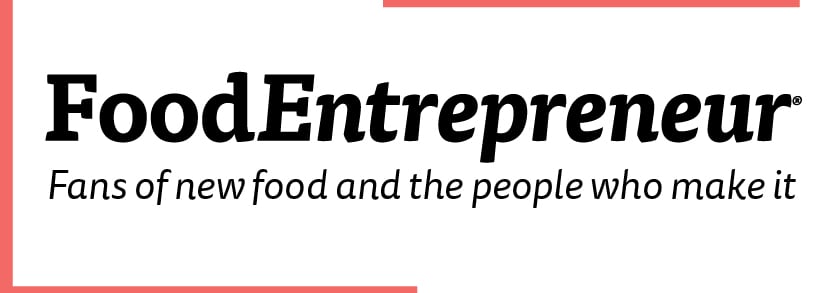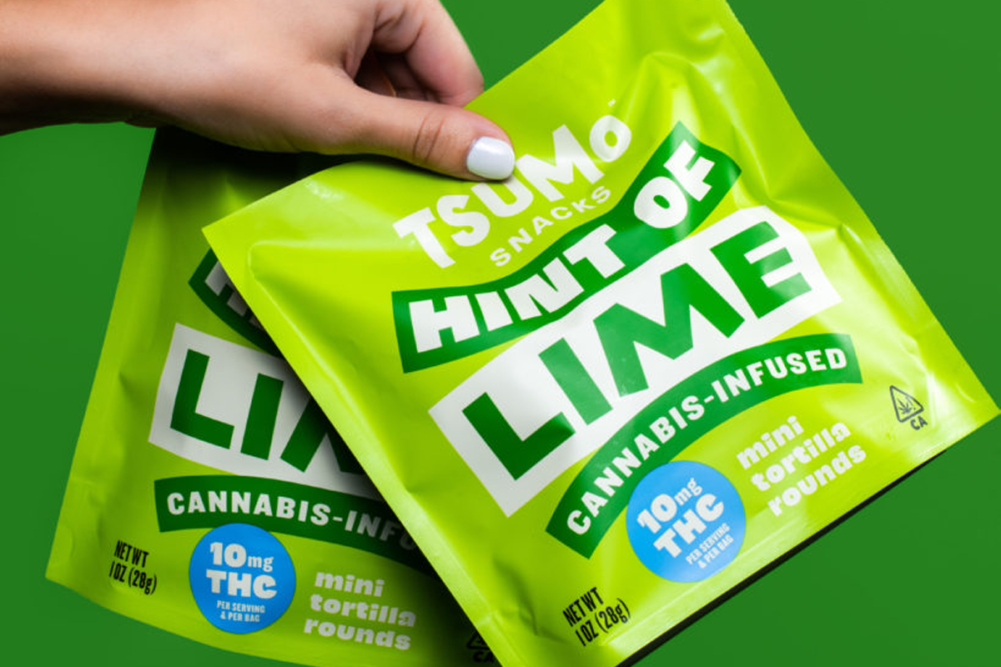 SANTA MONICA, CALIF. — Cannabis continues to gain traction in food and beverage formulations. Participants in the budding market face numerous challenges, according to experts speaking at NOSH Live, a two-day conference in December produced by media company BevNET.com, Inc.
SANTA MONICA, CALIF. — Cannabis continues to gain traction in food and beverage formulations. Participants in the budding market face numerous challenges, according to experts speaking at NOSH Live, a two-day conference in December produced by media company BevNET.com, Inc.
Brands should approach product development strategically, said Bethany Gomez, managing director at Brightfield Group, a cannabis data and insights company.
“One thing we saw early on in the cannabis space maybe six, seven years ago, there was a time that people got really excited that you could put cannabis in anything ... and you saw cannabis pizza, and you saw people spraying cannabis on Froot Loops and people creating cannabis beef jerky,” she said. “At some point you have to stop and think, does cannabis really need to be in beef jerky? Is there really a market for that?”
Caroline Yeh, co-founder and chief executive officer of TSUMo Snacks, an Oakland, Calif.-based cannabis snack startup, added, “The days of putting weed in everything are over.”
The edibles category is dominated by sweet offerings, primarily gummy candy and chocolate, Ms. Yeh said, noting “those categories have become highly competitive and overly saturated.” TSUMo Snacks markets a range of savory products, including cheese puffs, fiery hot cheese crunchers, zesty ranch tortilla rounds, hint of lime tortilla rounds and salsa verde tortilla rounds, each containing 10 mg of the psychoactive compound tetrahydrocannabinol (THC) per serving. The brand is distributed to dispensaries throughout California.
A differentiated product assortment has helped the brand stand out among so many sweet snacks, Ms. Yeh said. Still, forging a new path in a market riddled with regulatory hurdles presents additional obstacles. Packaging plays a role, for example, and requirements differ by state, Ms. Yeh said. Manufacturing is another barrier.
“Finding the right copacker is hard even if you’re not in cannabis,” Ms. Yeh said. “Finding a copacker in cannabis is even more difficult because we’re bringing in products and machinery that they haven’t worked with before.”
Shelf space in dispensaries is limited, so achieving high sales velocities is critical, Ms. Yeh said. Cannabis consumers are price-sensitive and unwilling to pay more for products featuring specific dietary or sustainability claims, Ms. Gomez added.
“Retailers definitely care about your turns,” Ms. Yeh said. “They want to see how much money you’re making for the inches that you’re taking up on their shelf.”
Brand operators should focus on marketing and building consumer loyalty in these early innings of the cannabis snacking market, Ms. Gomez advised. Ms. Yeh pointed to a recent partnership with hip-hop artist Snoop Dogg on the introduction of Snazzle Os, onion-flavored rings, as a successful initiative. However, she warned, not all celebrity endorsements are effective within the space.
“For TSUMo, having someone like Snoop is very authentic,” she said. “Obviously he’s probably like the leading celebrity you think of when you mention the word ‘cannabis.’ But in addition to that, Snoop is actually very heavily invested and involved in many other food projects.”
TSUMo last year raised $4 million in seed funding to develop new flavor profiles and form factors to further “elevate and expand” how cannabis is consumed, Ms. Yeh said. Plans for the year ahead may include expanding into additional states where recreational marijuana use is legal.
“We’re not banking on federal legalization because we don’t know what’s going to happen,” she said. “I imagine a day, and I think many of us do, where cannabis will be regulated just like alcohol and nicotine, and you can go into a grocery store or pharmacy or convenience store and purchase our products just like you would a nicotine- or alcohol-based product.”Enjoying this content? Learn about more disruptive startups on the Food Entrepreneur page.





